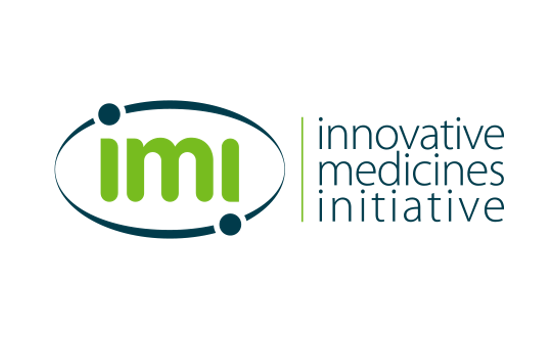 The Innovative Medicines Initiative (IMI) has launched its 100th project in the form of Hypo-RESOLVE, a 4 year, EUR 26.8 million project on diabetes. The milestone comes as IMI celebrates its 10th anniversary with a series of events and activities. The IMI project portfolio is diverse; many projects, like Hypo-RESOLVE, focus on specific health issues such as diabetes, neurological conditions (including dementia, depression, and pain), cancer, auto-immune diseases (such as rheumatoid arthritis), and infectious diseases (including antimicrobial resistance and Ebola).
The Innovative Medicines Initiative (IMI) has launched its 100th project in the form of Hypo-RESOLVE, a 4 year, EUR 26.8 million project on diabetes. The milestone comes as IMI celebrates its 10th anniversary with a series of events and activities. The IMI project portfolio is diverse; many projects, like Hypo-RESOLVE, focus on specific health issues such as diabetes, neurological conditions (including dementia, depression, and pain), cancer, auto-immune diseases (such as rheumatoid arthritis), and infectious diseases (including antimicrobial resistance and Ebola).
IMI also has projects that focus on broader challenges in drug development like drug and vaccine safety, the application of big data in medical research and drug development, and the creation of research platforms and clinical networks for drug discovery and development.
While the projects are diverse, what unites them is a focus on problems that cannot be solved by any one organisation, sector or country working alone. Moreover, the projects target areas where there is a large unmet medical need, for example where there is no cure, or where treatments are only effective in some patients.
In this respect, Hypo-RESOLVE, which is holding its kick-off meeting in Denmark today and tomorrow, is an exemplary IMI project. There is currently no cure for diabetes, which arises when the body cannot make enough insulin (the hormone responsible for managing blood sugar levels), or when the body fails to respond to insulin. Many people with diabetes experience hypoglycaemia, when their blood sugar levels become too low. Symptoms include behavioural changes, memory loss and confusion, which can result in accidents and falls and, in the worst cases, in hospitalisation or death. Worries about hypoglycaemia represent a serious psychological burden for people with diabetes.
Despite its seriousness, little is known about hypoglycaemia. The Hypo-RESOLVE project aims to change that by adding to our understanding of the underlying causes of the condition, as well as its predictors and consequences. They will also analyse the financial costs of hypoglycaemia. Ultimately, the hope is that the project results will pave the way for new, better treatments for people with diabetes that will help them to maintain healthy blood sugar levels.
IMI projects work by bringing together the best minds from universities, research centres, pharmaceutical and other companies, small and medium-sized enterprises, and regulatory bodies. Patients also play a strong role in IMI projects; in Hypo-RESOLVE, two patient organisations (JDRF and the International Diabetes Federation) contribute resources to the project as IMI Associated Partners. The project also plans to create a Patient Advisory Committee to ensure that patients’ knowledge, views and wishes are taken into account across the entire project.
"The launch of our 100th project in our 10th anniversary year is a fantastic milestone for IMI," said IMI Executive Director Pierre Meulien. "Every project represents an international, multi-stakeholder commitment to working in a more open, collaborative way to solve some of the greatest challenges in medical research and innovation. Experience shows that this approach delivers results and I look forward to following Hypo-RESOLVE's successes in the coming years."
Meet IMI’s 100 projects and search for projects by keyword, disease area, programme, etc. For further information, please explore:
https://www.imi.europa.eu/projects-results/project-factsheets
About the Innovative Medicines Initiative
The Innovative Medicines Initiative (IMI) is working to improve health by speeding up the development of, and patient access to, the next generation of medicines, particularly in areas where there is an unmet medical or social need. It does this by facilitating collaboration between the key players involved in healthcare research, including universities, pharmaceutical companies, other companies active in healthcare research, small and medium-sized enterprises (SMEs), patient organisations, and medicines regulators. This approach has proven highly successful, and IMI projects are delivering exciting results that are helping to advance the development of urgently-needed new treatments in diverse areas.IMI is a partnership between the European Union and the European pharmaceutical industry, represented by the European Federation of Pharmaceutical Industries and Associations (EFPIA). Through the IMI2 programme, IMI has a budget of €3.3 billion for the period 2014-2020. Half of this comes from the EU’s research and innovation programme, Horizon 2020. The other half comes from large companies, mostly from the pharmaceutical sector; these do not receive any EU funding, but contribute to the projects ‘in kind’, for example by donating their researchers’ time or providing access to research facilities or resources.